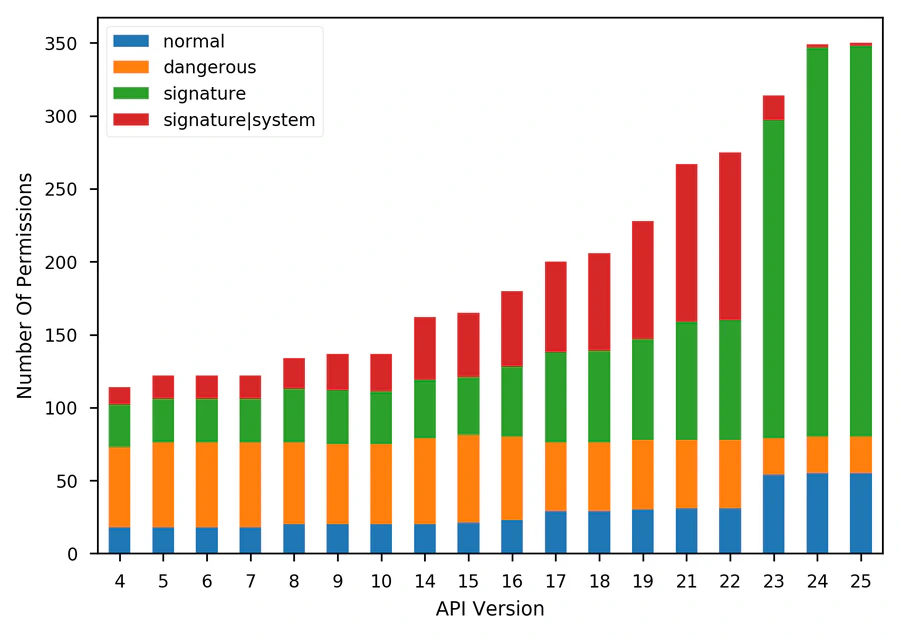Small Changes, Big Changes: An Updated View on the Android Permission System

Abstract
Since the appearance of Android, its permission system was central to many studies of Android security. For a long time, the description of the architecture provided by Enck et al. was immutably used in various research papers. The introduction of highly anticipated runtime permissions in Android 6.0 forced us to reconsider this model. To our surprise, the permission system evolved with almost every release. After analysis of 16 Android versions, we can confirm that the modifications, especially introduced in Android 6.0, considerably impact the aptness of old conclusions and tools for newer releases. For instance, since Android 6.0 some signature permissions, previously granted only to apps signed with a platform certificate, can be granted to third-party apps even if they are signed with a non-platform certificate; many permissions considered before as threatening are now granted by default. In this paper, we review in detail the updated system, introduced changes, and their security implications. We highlight some bizarre behaviors, which may be of interest for developers and security researchers. We also found a number of bugs during our analysis, and provided patches to AOSP where possible.